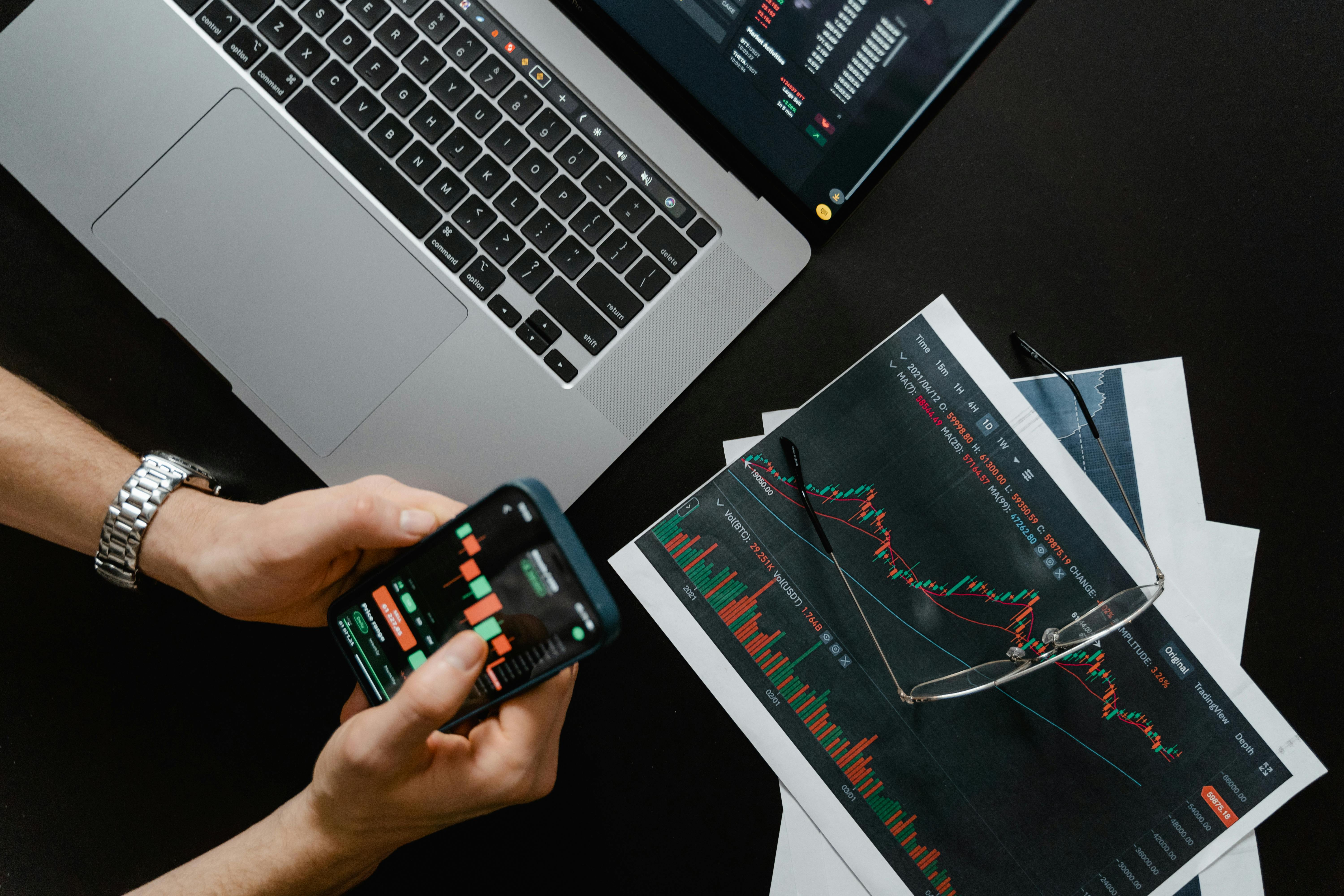
Blockchain in Mobile Payment Solutions: Revolutionizing Digital Financial Transactions
Blockchain in Mobile Payment Solutions: A Comprehensive Overview
The Emerging Landscape of Blockchain-Powered Mobile Payments
Blockchain technology is fundamentally reshaping the mobile payment infrastructure, offering unprecedented levels of security, transparency, and efficiency in digital financial transactions. As global financial ecosystems continue to evolve, blockchain-powered mobile payment solutions are emerging as a critical technological innovation that addresses longstanding challenges in traditional payment systems.
Technological Foundations and Architectural Innovations
The integration of blockchain technology into mobile payment platforms represents a sophisticated approach to digital transaction management. By leveraging decentralized ledger technologies, these solutions provide cryptographically secured transaction records that eliminate intermediaries and reduce transaction costs. Advanced consensus mechanisms like proof-of-stake and Byzantine Fault Tolerance enable rapid, secure cross-border transactions with minimal latency.
Top Blockchain Mobile Payment Protocols
1. Ripple (XRP)
Ripple has established itself as a leading protocol for international mobile payments, offering near-instantaneous cross-border transaction capabilities. Its enterprise-grade blockchain infrastructure supports financial institutions worldwide, providing robust compliance and integration frameworks.
2. Stellar Lumens (XLM)
Focused on emerging markets and financial inclusion, Stellar enables low-cost mobile payments with remarkable transaction speeds. Its network supports multiple currency conversions and provides critical infrastructure for underbanked populations.
3. Circle USDC
Circle's USD Coin represents a sophisticated stablecoin platform that enables seamless mobile payments with consistent value preservation across global markets.
Regulatory Landscape and Compliance Frameworks
The legal environment surrounding blockchain mobile payments varies significantly across jurisdictions. In the United States, regulatory bodies like the SEC and FinCEN have established comprehensive guidelines for blockchain financial technologies. Jurisdictions such as Switzerland and Liechtenstein have developed progressive regulatory frameworks that encourage blockchain innovation while maintaining robust consumer protection standards.
Market Analysis and Growth Projections
| Year | Global Blockchain Mobile Payment Market Size | Projected CAGR |
|---|---|---|
| 2023 | $1.2 Billion | 56.3% |
| 2024 | $1.8 Billion | 62.7% |
| 2025 | $2.7 Billion | 68.5% |
Source: Global Blockchain Mobile Payment Market Research Report, 2023
Security and Privacy Considerations
Blockchain mobile payment solutions introduce advanced security paradigms through cryptographic transaction verification and distributed consensus mechanisms. Multi-factor authentication, biometric integration, and zero-knowledge proof technologies provide comprehensive protection against fraudulent activities.
Future Technological Trajectories
Emerging trends indicate significant potential for blockchain mobile payment technologies, including AI-enhanced transaction monitoring, quantum-resistant cryptographic protocols, and seamless integration with Internet of Things (IoT) ecosystems.
RWA.codes: Your Blockchain Development Partner
At RWA.codes, we specialize in developing cutting-edge blockchain solutions tailored to mobile payment infrastructures. Our comprehensive service offerings include:
- Custom blockchain protocol development
- Regulatory compliance consulting
- Security architecture design
- Advanced tokenization strategies
Our multidisciplinary team combines deep technical expertise with profound understanding of global financial regulatory environments, enabling us to deliver sophisticated blockchain mobile payment solutions that meet the most demanding technological and legal requirements.